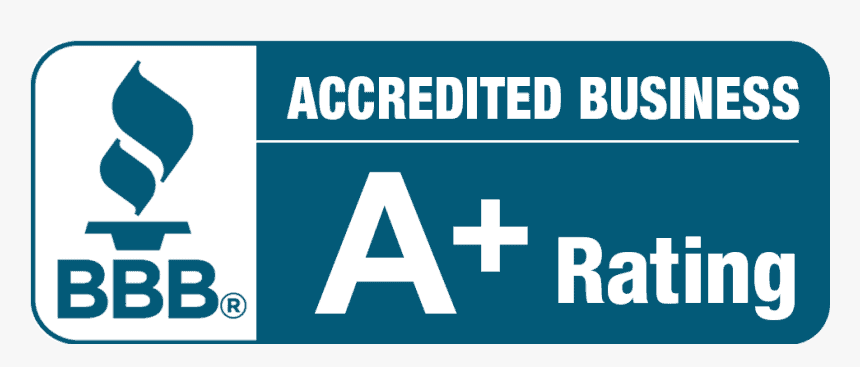nauticalknowhow
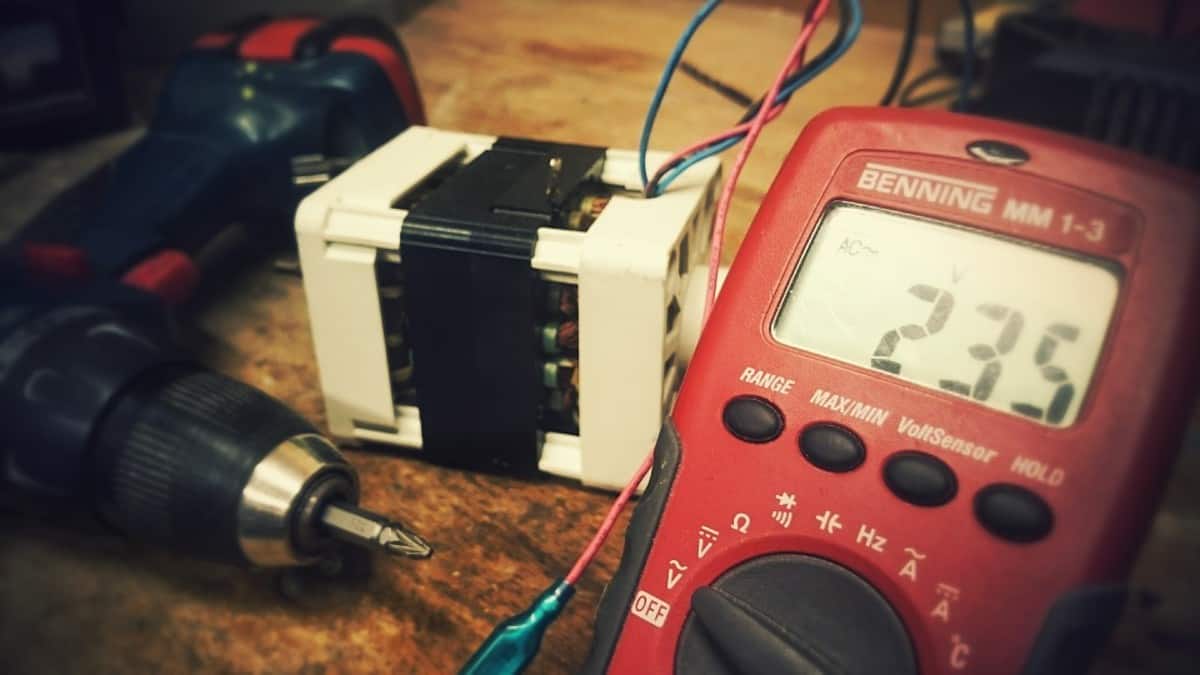
How to Use a Multimeter
Many of the problems that you will encounter on your vessel are electrical problems. It is because of this that the multimeter is an invaluable tool. With it you can do a lot of troubleshooting and track down potential problems without calling an electrician. I prefer a digital multimeter that gives a more accurate digital…
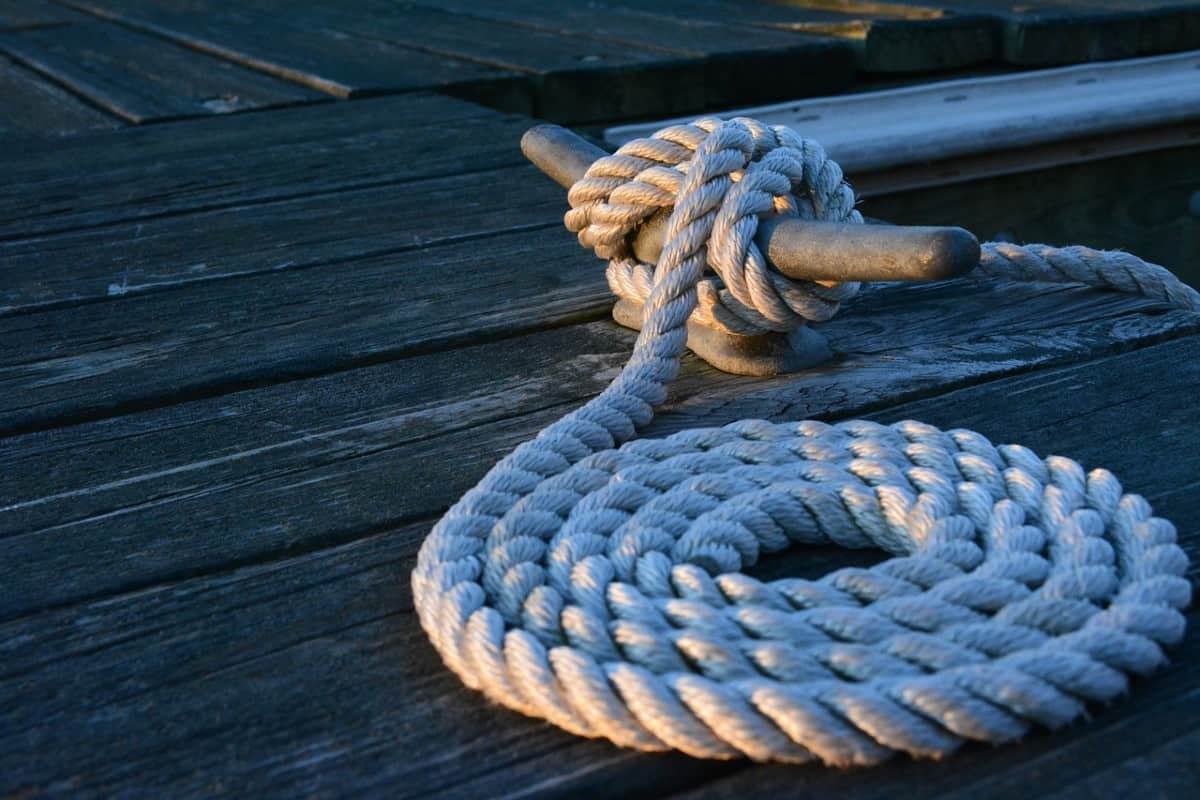
How to Dock and Undock a Boat
Like parallel parking a car, docking and undocking a boat just gives some people anxiety. But it doesn’t have to be that hard. You can prepare ahead of time and give yourself time to practice as well. Make a plan for docking and a plan for docking. How to Dock a Boat There are a…
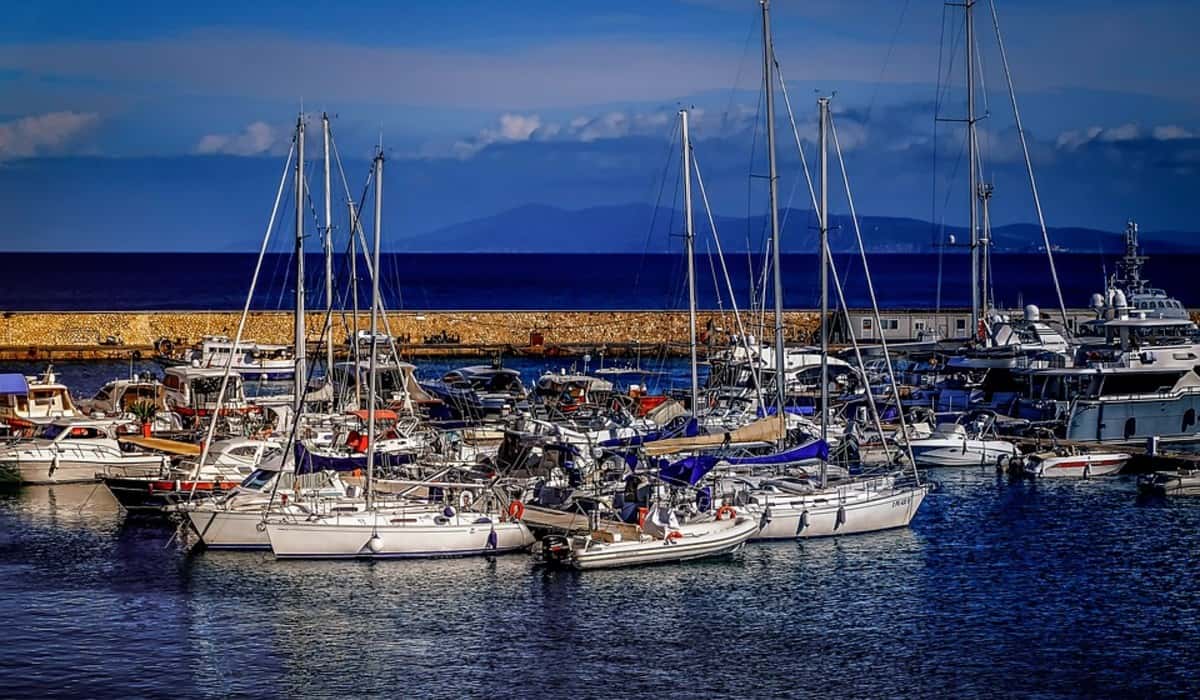
Documenting Your Vessel – FAQ
If you own a boat, it needs to be documented. It’s like having a registration for your car. You can obtain your documents from the National Vessel Documentation Center. They will issue you a U.S. Coast Guard certificate of vessel documentation. This is registered at the federal level. The U.S Coast Guard may ask you…
Buying Your Own “Hole In The Water”
Buying Your Own “Hole In The Water” The two most widely-used sayings about boats are that they are “holes in the water, into which you throw money” and “the happiest day of a boat owner’s life is the day they buy the boat and the day they sell it.” Although many people believe these axioms…
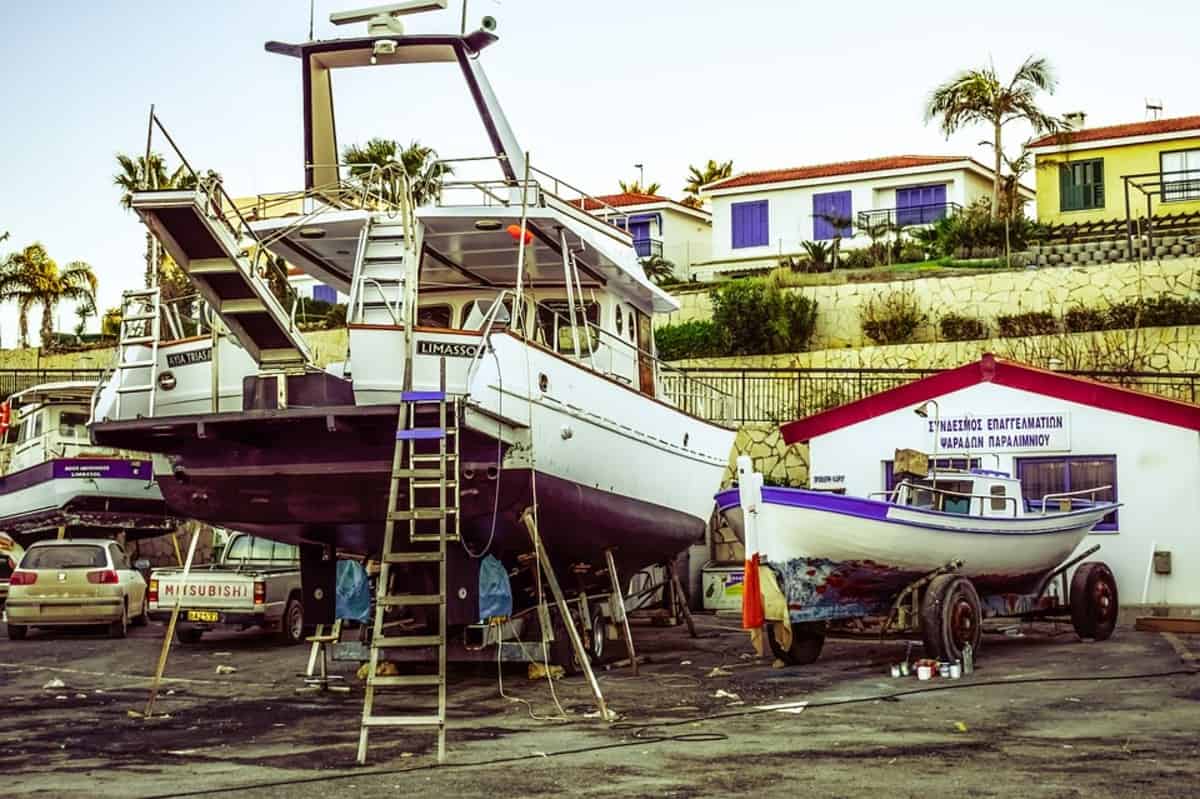
How to Repair Boat Hull Blisters AKA Chicken Pox
Boat blisters, also known as chickenpox, can be a real pain to repair. And a real stressor. A boat is supposed to be waterproof. That’s the defining characteristic of a reliable boat. But not every part of the boat is as waterproof as it needs to be. Not all the time, anyway. The outer layers…
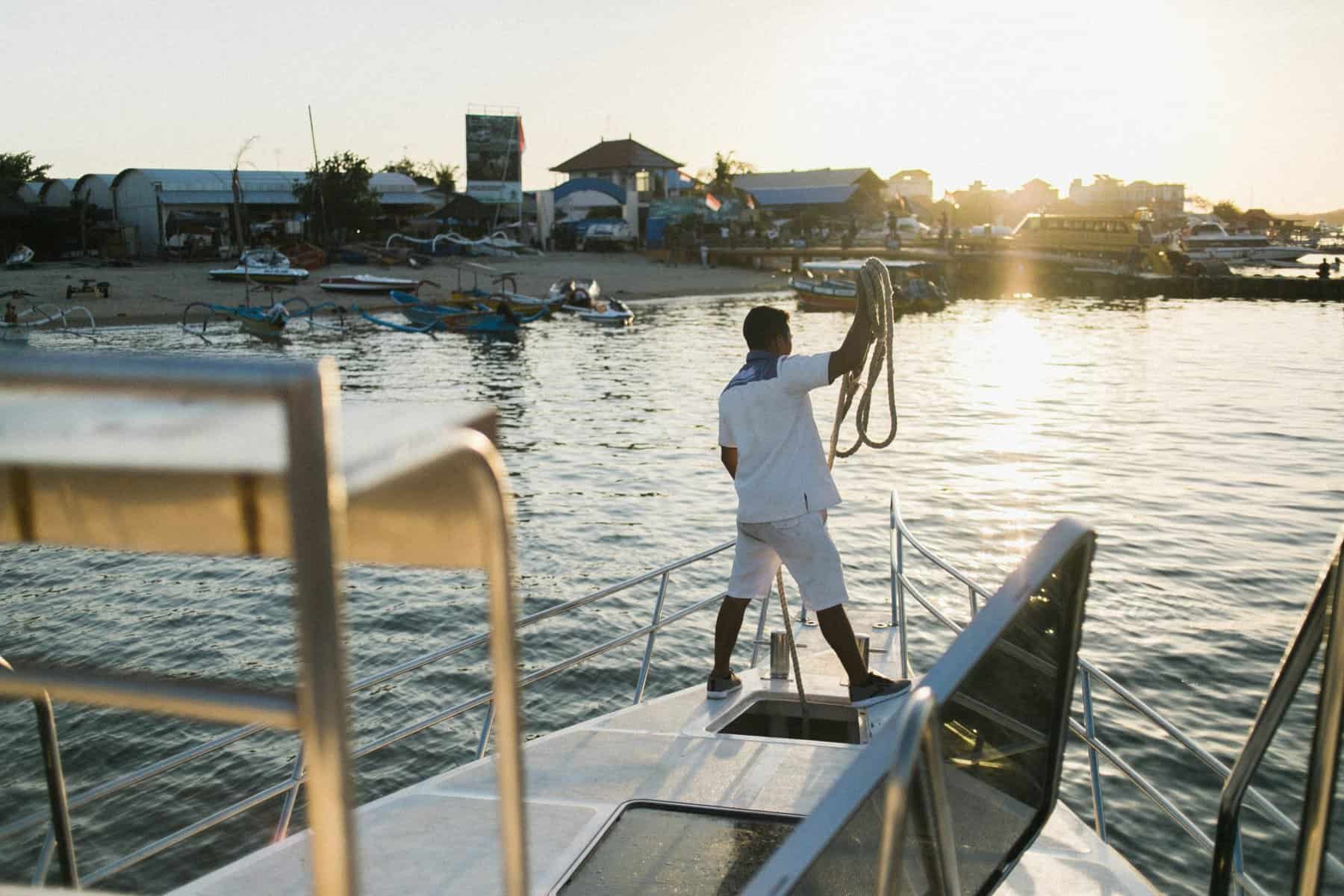
Understanding Boat Navigation Lights
Boat navigation lights are essential when you’re out on the water. They’re essential, but it’s easy to misunderstand their uses and correct placements. If you don’t know the correct placement for your stern lights or know what type of navigation light you need on your mast, don’t worry: we’re here to help. Below, we’ve got…
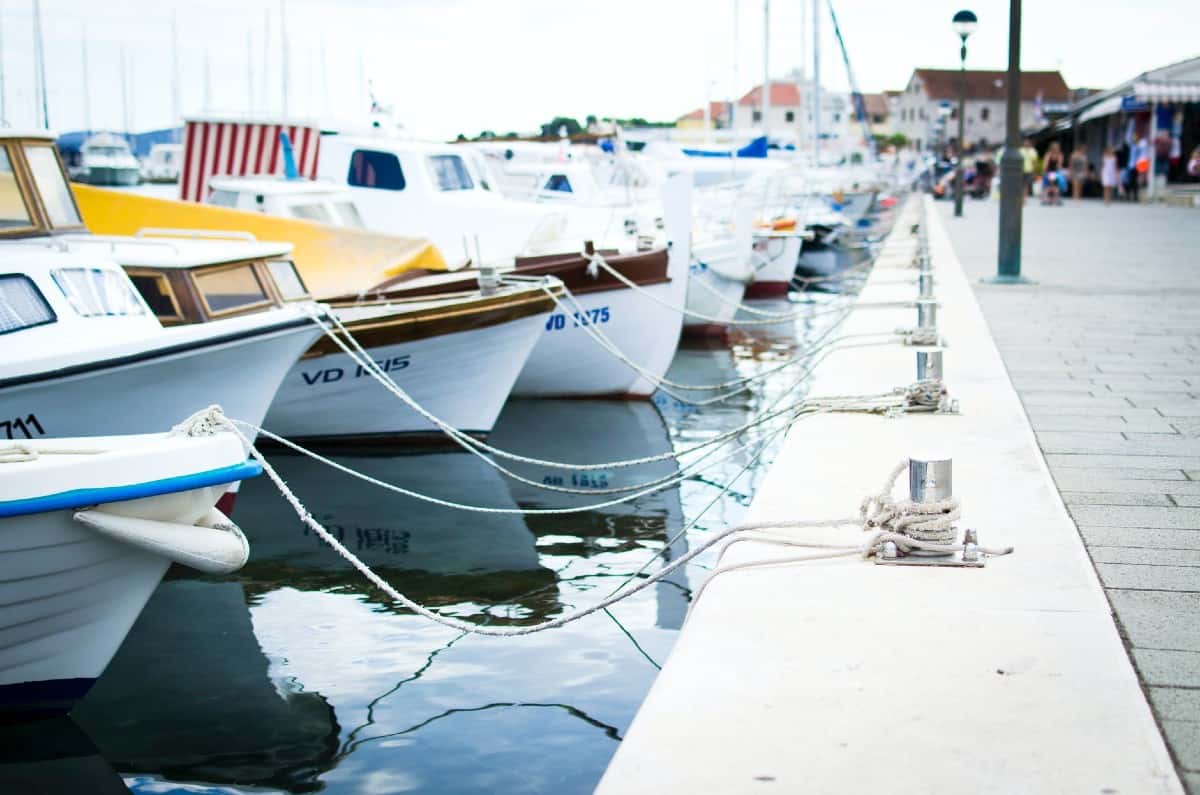
The Basics of Boating Etiquette
Boating etiquette has been developed over hundreds of years. Some rules are actual rules, set in stone, that need to be followed. Ignoring these can have legal or financial repercussions. But a few rules are unwritten. These are courtesies that boaters extend to one another. Boat sets of rules work together to make boating a…
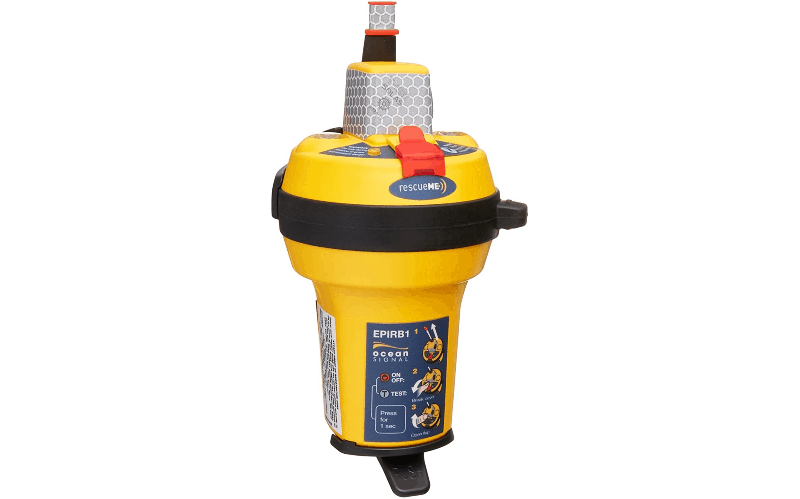
The Best EPIRB for 2024
Boating safety is key to being able to enjoy your time on the water. Any sailor needs to have the proper emergency gear on board before you head out. This includes the obvious things, like personal flotation devices. But technology can also help make your sailing smooth. You want a good quality VHF radio on…

How to Calculate the Distance to the Horizon
Calculating the distance to the horizon takes a bit of clever math. Not necessarily complicated, but not intuitive either. Consider what you’re trying to figure out, after all. You’re looking out from your boat across the water to the horizon line. And though it looks like a flat run from you to the edge of…
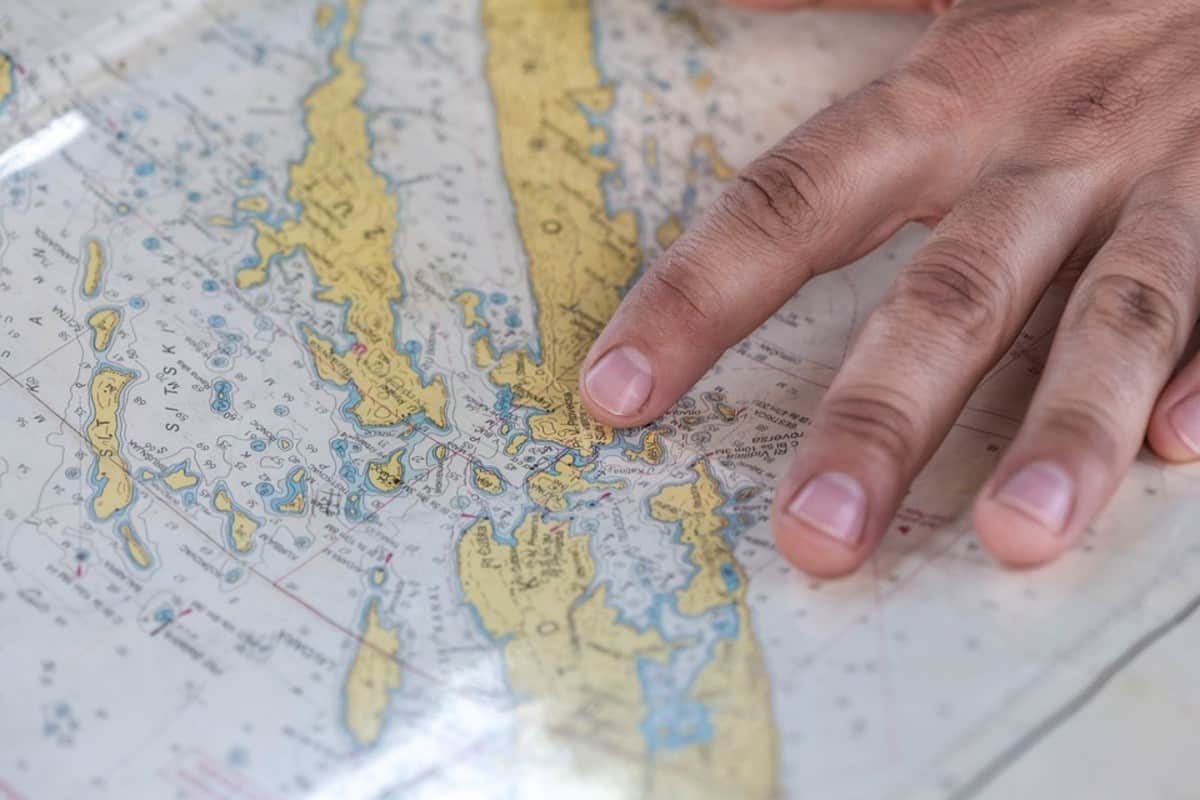
Chart Reading 101: How To Read Nautical Charts
There’s more than one boat owner out there who doesn’t have access to any nautical charts. Maybe you’re one of them. No paper nautical charts and no electronic nautical charts available either. For many boaters, it’s like owning a road map. It’s outdated and, if you know where you’re going, why bother? But there’s a…
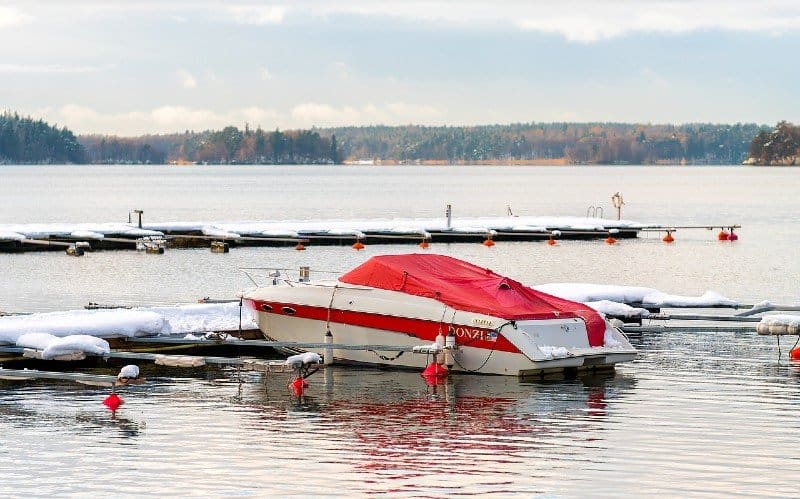
How to De-Winterize Your Boat
Preparing boats for winter is one of the most important things boat owners can do. Winterizing boats will protect the boat engine, cooling system and more. It’s critical to keep your boat running. It will also prevent serious damage and insurance claims. But once the seasons change you need to undo all that work. Luckily…
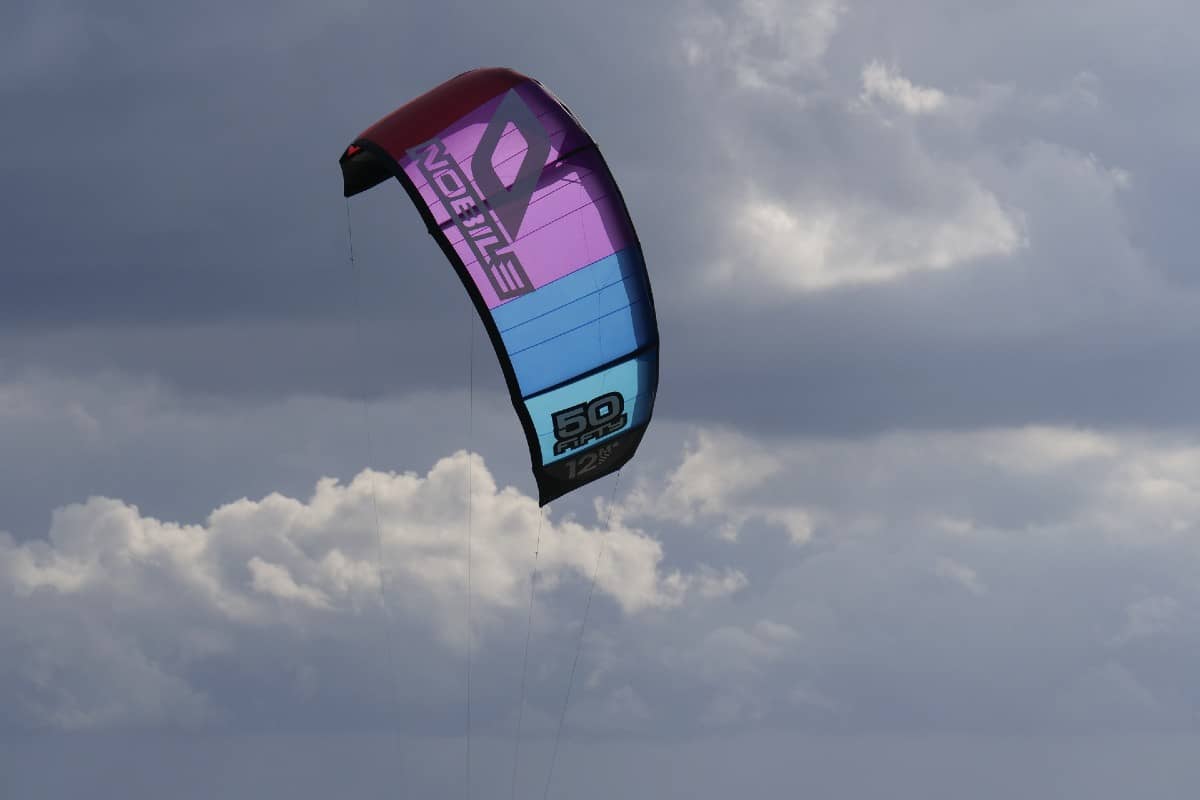
Kite Boats: What You Need to Know
Kite boating is not a new concept by any means. However, to many, kite boats are still a novelty. You don’t see them that often out on the water. But kite boating can be a lot of fun. And also a challenge. Plus there are some hidden benefits to kite boating. It can have an…

Nautical Mnemonics: Understanding Boat Lights
One of the most complicated things to learn about your boat are the COLREGs lights. That stands for International Regulations for Prevention of Collision at Sea. The lights on your boat, both power boats and sail boats, help you navigate at night. They also help other boats understand how to navigate around you. We…
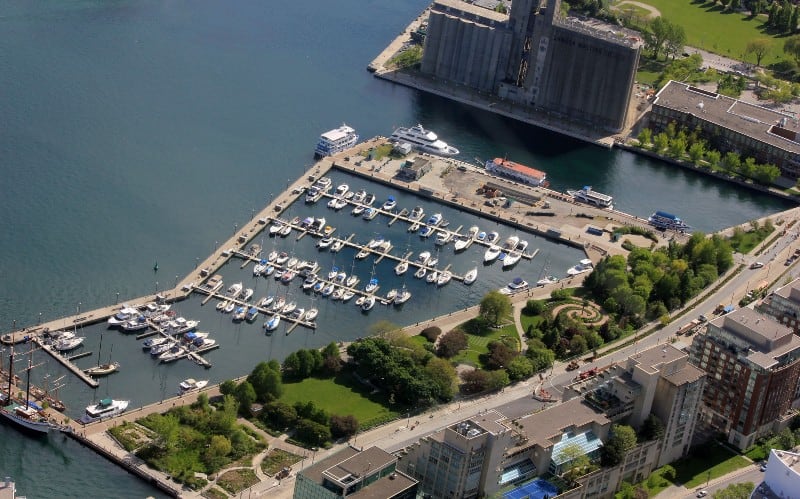
How to Prepare Your Boat for a Hurricane
Keeping safe on the water is no easy task. Storm clouds and hurricanes are always a risk. Boats need to be ready. How you prepare depends on where you plan to store your boat. Also on how much time you have ahead of the hurricane. As always, ensure your own safety first. Learning how to…

Low-Head Dams: A Not-So Clear and Present Danger
On a river there can be many dangers. Some are easier to pick out than others. One that many people overlook are low-head dams. In fact, ask the average person what a low-head dam is and they will have no idea. Let’s take a look at what exactly a low-head dam is. Also how recirculating…
The Life Expectancy of the Marine Engine
The Life Expectancy of the Marine Engine The average marine gasoline engine runs for 1,500 hours before needing a major overhaul. The average marine diesel engine will run for more than three times that long and log an average 5,000 hours under the same conditions. The number of hours that a marine engine runs is…
Watch Schedules and Ship’s Bells
Watch Schedules and Ship’s Bells As early as the 15th Century, a bell was used to sound the time onboard a ship. (Time, in those days, was kept with an hourglass. See The History of Navigation ) The bell was rung every half hour of the 4 hour watch. A 24 hour day was divided into…
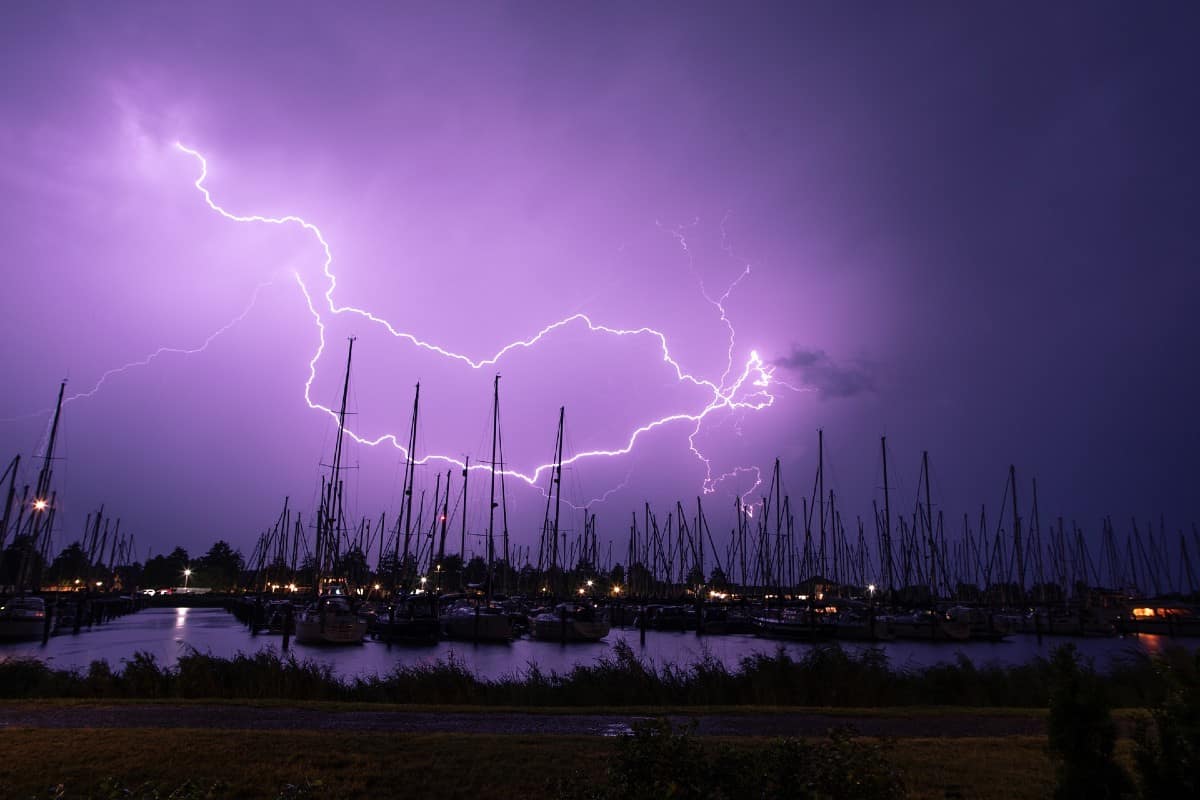
How to Protect Your Boat From Lightning
Of all the dangers you can face at sea, lightning is one that almost no boater considers. Lightning is not a threat in the eyes of most people. It’s considered rare and unusual. You need to get that thought out of your head as a boat owner. Lightning strikes are far more common than you…
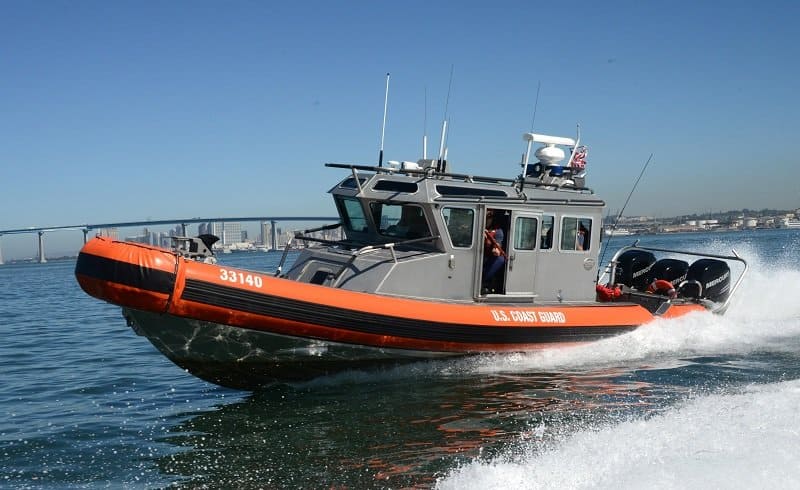
U.S. COAST GUARD MINIMUM REQUIREMENTS FOR RECREATIONAL BOATS
This is the current up-to-date list of the U.S Coast Guard’s minimum safety requirements for recreational boats with sizes of up to 65 ft (19.8m) in size. These requirements detail what boating safety equipment must be present on board, and other necessary features that must be installed to comply with federal laws. It’s worth noting…
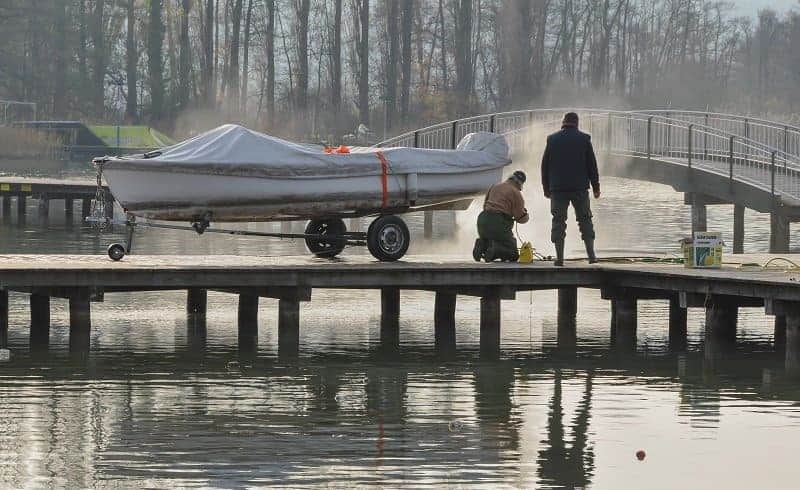
How To Winterize A Boat
Do you know what winterization is? You need to know how to winterize your boat. And you’ll need to know how to winterize your boat before those freezing temperatures roll in. Fortunately, you don’t need to pay a pro to winterize your vessel, even though that is an option. We can offer When the temperature…
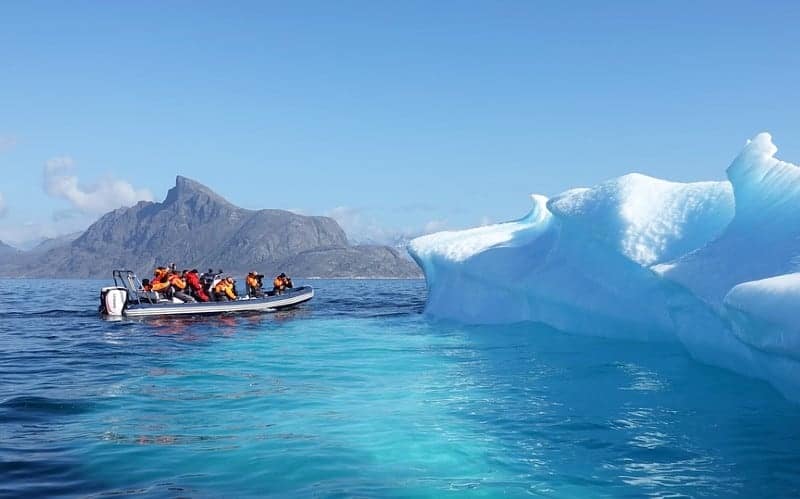
Hypothermia Symptoms and Causes
Hypothermia is a real danger even when you don’t expect it. Understanding the symptoms and causes of hypothermia can help you both prevent and deal with it after the fact. Cold temperatures can lead to body heat loss, and severe hypothermia can set in. When your core body temperature drops, symptoms of hypothermia happen quickly….

The Ultimate Guide to Boating Safety Tips
We could all use more boating safety tips when we’re out on the water. Sure, boating is supposed to be fun, but you can’t have fun if you’re not being safe. The statistics for boating accidents are still too high every year, which means we’ll keep sharing boating safety tips as long as possible. There…

What do Mark Twain and your depth sounder have in common?
What Does Mark Twain And Your Depth Sounder Have In Common? A recent trip to Disney World in Florida and a subsequent ride on a paddle wheeler reminded me of something I had long forgotten. Thought some of you might be interested in how depth was measured in the “Ol days.” Actually, lead lines are…
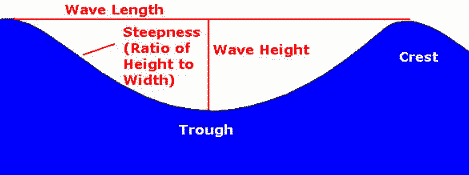
Understanding and Utilizing the Secrets of Waves
Understanding and Utilizing the Secrets of Waves Any time you picture a body of water larger than a puddle, one of the first things that comes to mind are the rolling waves, or the surf lapping at the shore. Well, at least that’s what happens with me… But waves are much more than tranquil anomalies,…
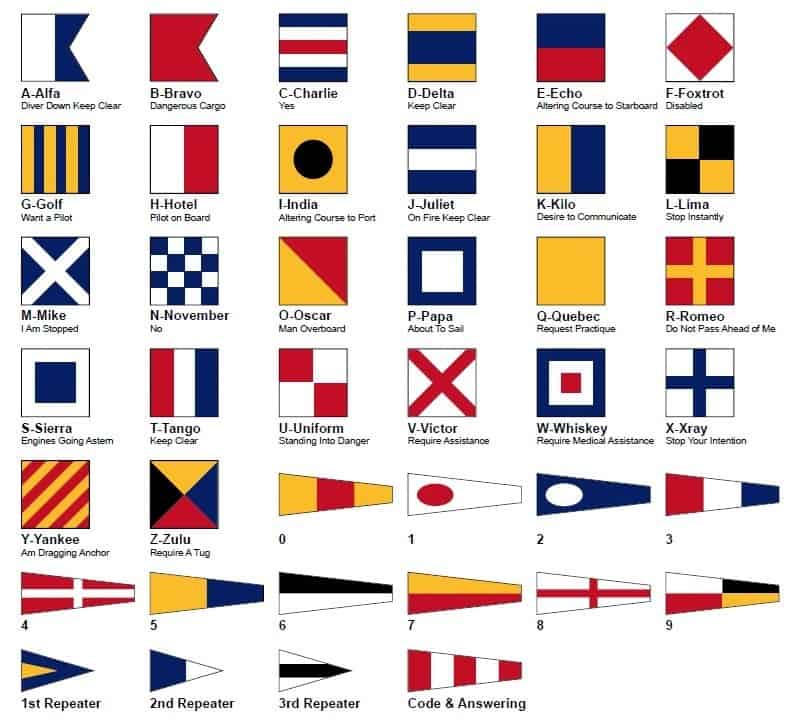
International Code Flags or Signaling Flags
International Code Flags or Signaling Flags Although you may never see them displayed except at fleet parades, around naval installations, and areas with heavy international shipping traffic, International code flags are used to signal between two ships or between ship and shore. Also called signaling flags, they are a set of ship flags of different…

The True Origination and Meaning of SOS Revealed
Harmony asks “Do the letters in the term SOS represent three words? If so, could you let me know what they are?” Thanks to Neal McEwen for allowing us to use some information from his articles “SOS”, “CQD” and the History of Maritime Distress Calls. There is much mystery and misinformation surrounding the origin and…
Everyday Phrases and their Nautical Origins
Nautical terms and phrases have found their way into so much of our everyday speech. Though some terms make it obvious, like when you refer to something holding you back as an anchor, or maybe how a few drinks made you feel three sheets to the wind, other phrases are not. These everyday terms have…

Boating Basics Glossary of Nautical Terms
The world of boating has a pretty unique vernacular, and it’s important that you understand the differences between sailing words and land lubber words before you head out onto the water! Nothing highlights a newbie quite like the wrong use of a word! You might know the difference between a bow vs stern, port or…

Ceremony for Renaming Your Boat
Ceremony for Renaming Your Boat Everyone knows that renaming your boat will bring nothing but bad luck and make your boating experience something that you will want to forget. But what happens when, after months of searching, you find your dreamboat with a name that you just cannot live with. For example, my first love…
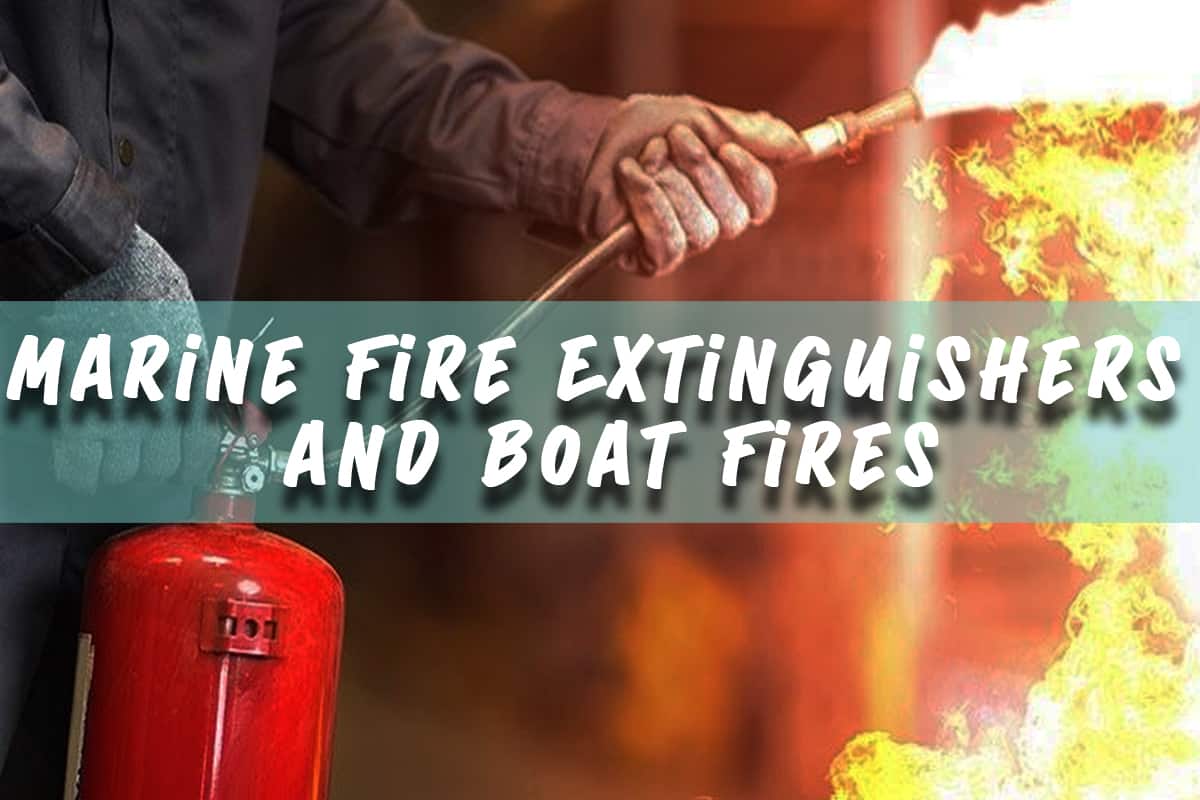
Marine Fire Extinguishers and Boat Fires
A fire extinguisher should be one of the staple pieces of safety gear on any boat. Along with personal flotation devices, this is a must-have item. Fires are devastating on land but can be even worse at sea. Let’s look at some fire types and why marine fire extinguishers are essential. And finally, here are…
